This is an informative post about balancing hormones naturally and an easy guide to seed cycling throughout the month.
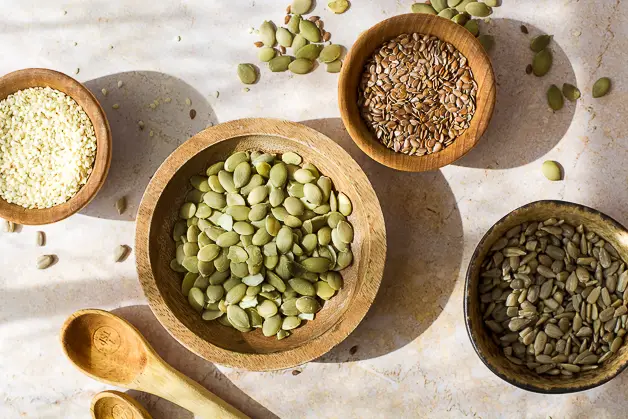
Jump To
How many of you have blamed your moods on your hormones? You know, you suddenly get emotional for no reason halfway through your cycle, start crying at that horse rescue video you saw on Twitter (maybe that's just me) or suddenly snap at your partner because they forgot to pick up eggs? We can all agree, hormones have a deep impact on our lives. I mean for good reason because for about 30-35 years we are biologically a vehicle for creating and carrying human life. Whether we choose to do so or not, is a different story but we can't change biology - we are designed to perpetuate the species.
In order to have that mechanism in place, we are often at the mercy of hormones. I personally have about 2.5 weeks a month where I feel relatively good. Planning a vacation and realizing you're going to be either PMSing or on your period the entire time kind of puts a damper on things. We all know the feeling, the bloating that makes you look about 4 months pregnant, water retention, breast tenderness, mood swings, headaches, and cramps. And if you're one of the really unfortunate ones, the cripplingly heavy bleeding makes you want to lock yourself up in a room for 2 days. It sucks. I've been there and can check off every single symptom.
But what if I told you that there may be a different way? What if we don't have to suffer from the extremes that revolve around a woman's cycle?
Let's have a look at why hormone imbalance wreaks havoc on our lives and what we can do to get back on track and feel more like ourselves. But first, let's look at the role of hormones in the body.
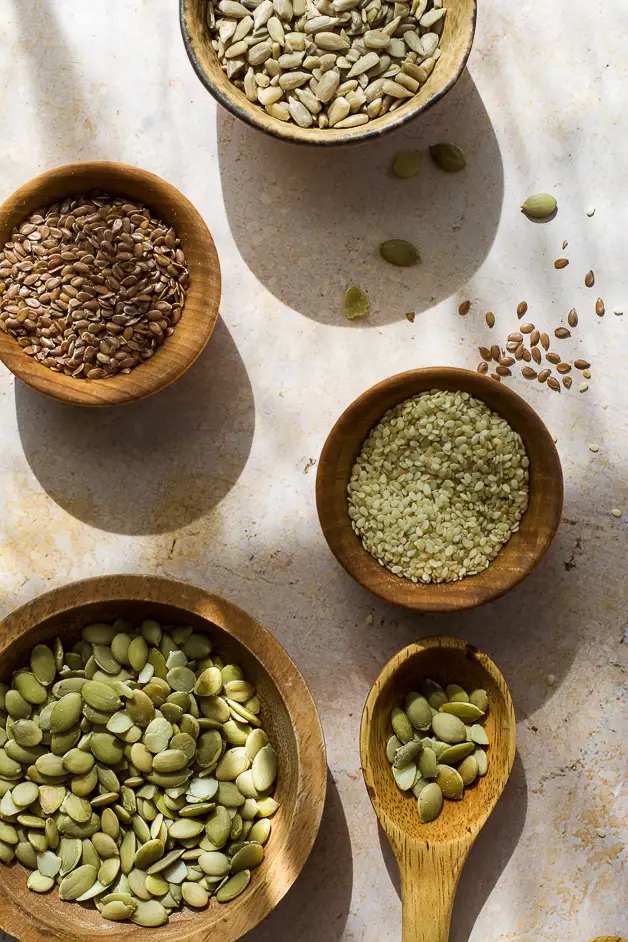
What are the major hormones?
We all throw the words "I'm so hormonal" around but do we really know what it means and what they're responsible for?
Without boring you to tears and going into a quasi-anatomy lesson, I will focus on only the major hormones the human body releases out of the 50 different ones.
- Estrogen - This is the major sex hormone in women which is responsible for puberty, pregnancy, and menstrual cycles.
- Progesterone - This is the secondary sex hormone in women that plays a role in the menstrual cycle as well as pregnancy.
- Melatonin - This hormone is responsible for regulating sleep. It decreases when the sun rises and increases after sunset.
- Cortisol - Also known as the stress hormone, is responsible for aiding us in adapting to stressful situations. It's also responsible for helping us wake up in the morning.
- Testosterone - The main male sex hormone is responsible for puberty, the formation of the testes and prostate, facial hair, and muscle growth.
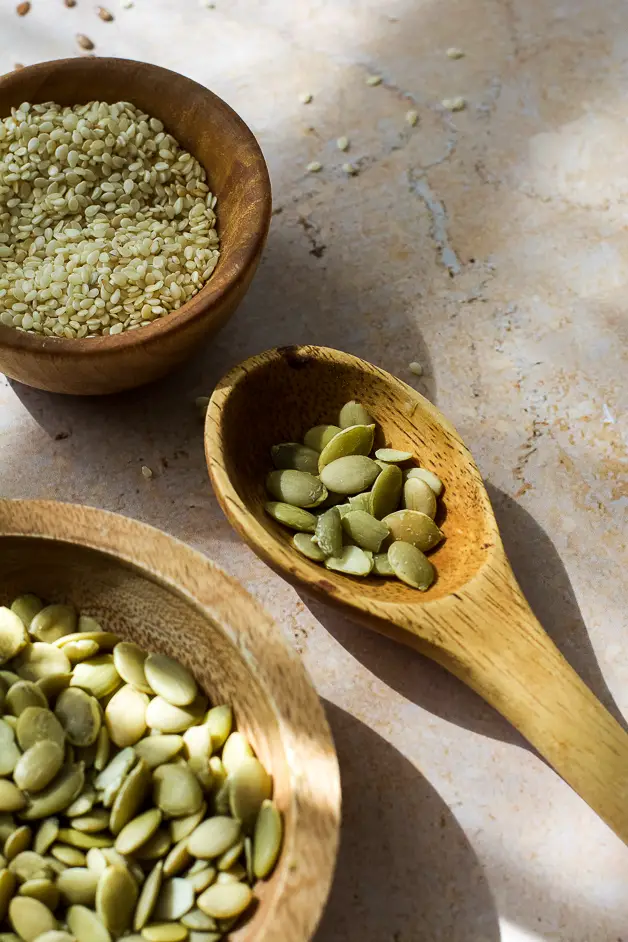
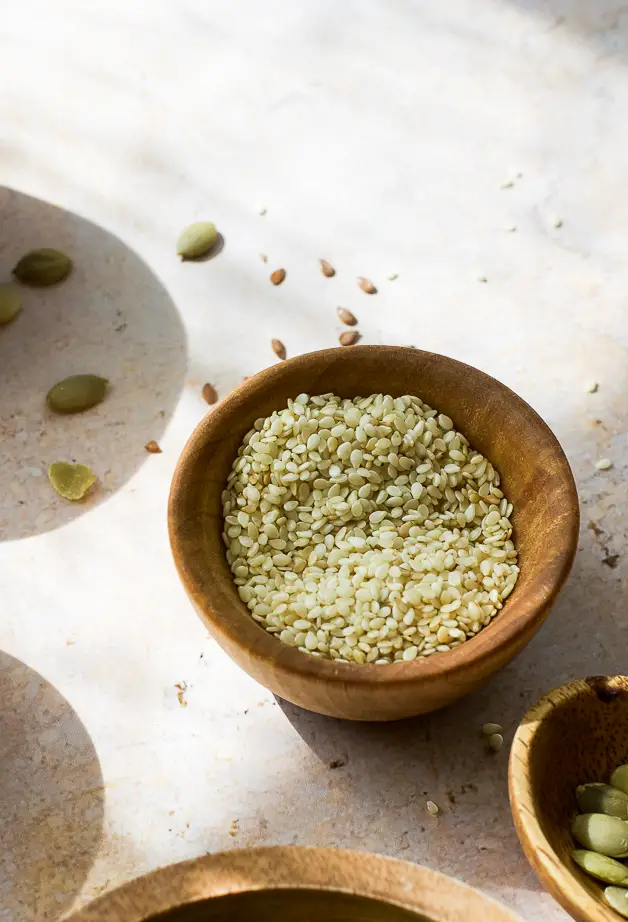
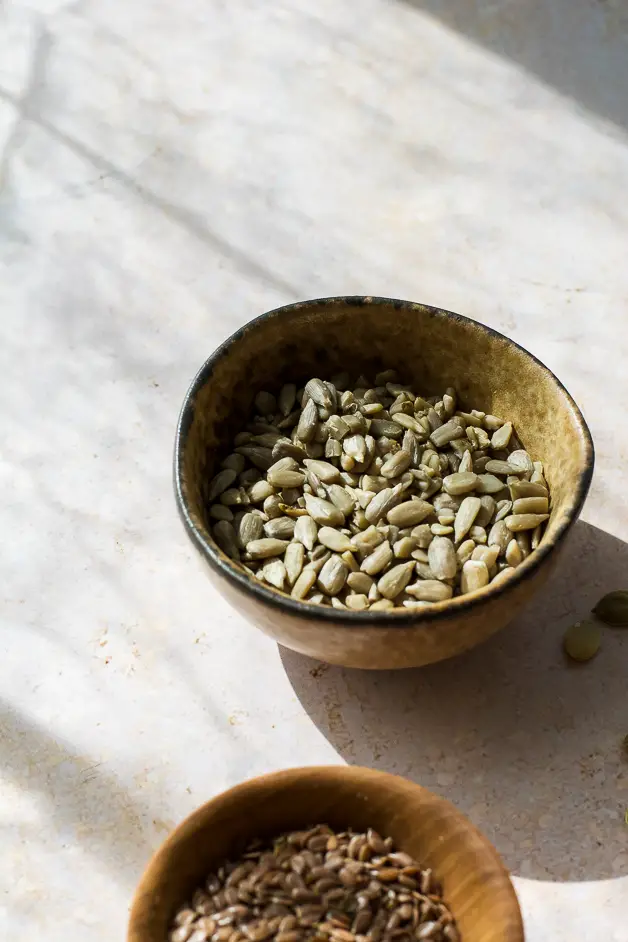
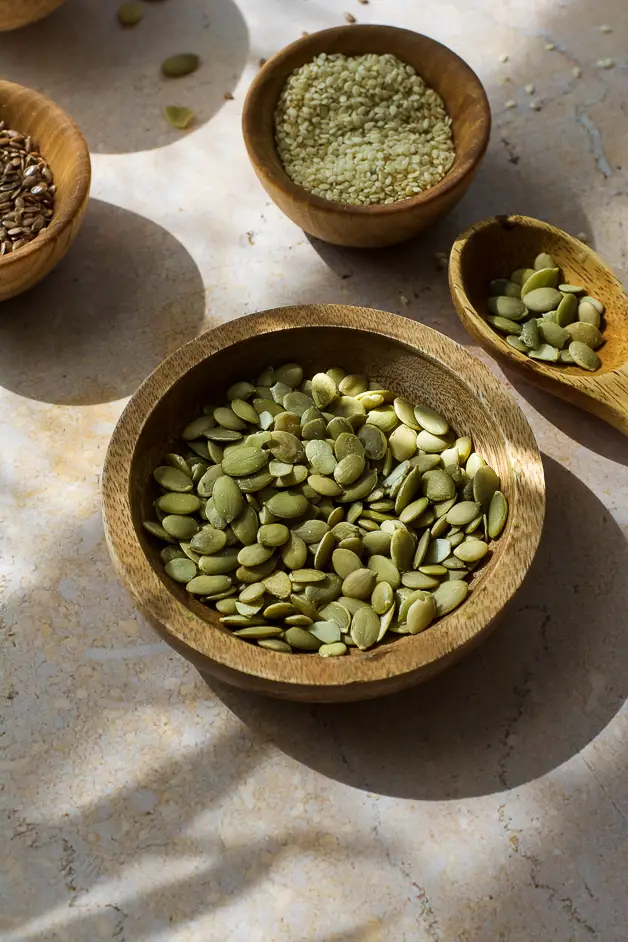
What causes hormone imbalance?
This is a big one and different for every woman. From 2012-2018 I didn't really know what normal was in terms of hormones. I had two kids and breastfed almost continuously during that time. It was a wonderful but very challenging time. I've spent these years primarily in estrogen dominance, which is the root cause of many of the symptoms described below.
- Gut health - the environment of the gut, which is primarily made up of bacteria that can affect ghrelin, the hunger hormone.
- Chemical overload - we are exposed to a myriad of chemicals that even 50 years ago did not exist. Everything from our shampoo to our makeup to the fillings in our mouths can impact hormone imbalance.
- Lack of sleep - Sleep deprivation has been associated with numerous metabolic disturbances, including insulin sensitivity, cortisol overload, and decreased levels of leptin, which is responsible for inhibiting hunger.
- Inflammation - This thorough review highlights the effects of inflammation on the endocrine system and how it impacts every metabolic aspect of the body leading to hormonal imbalance.
- Obesity - While an under-active thyroid can be a cause of obesity, so can defects in ghrelin (a hormone that increases appetite) and leptin (a hormone that reduces appetite).
- Chronic stress - When the body is under chronic stress, it actually converts (through several processes) the sex hormone progesterone into cortisol, which keeps the body under constant stress, even when in a seemingly relaxed state.
- Diabetes - Insulin isn't the only hormone that's affected by diabetes. Adrenaline, cortisol, amylin, and growth hormones all play a role.
- Menopause - This is well established - once we reach menopause, estrogen drastically drops and therefore the typical menopause symptoms are experienced. These include sweating, hot flashes, reduced sex drive, anxiety, insomnia, etc.
- Hypo/Hyperthyroidism - When the estrogen/progesterone balance is off-kilter, it can affect thyroid function often leading to hypothyroidism and hyperthyroidism.
- Eating disorders - restricting food or binge eating can disrupt proper hormone function which can cause complications such as loss of periods, infertility, and an inability to regulate metabolism.
- Pregnancy - During pregnancy estrogen production is higher than at any other point in a woman's life.
- Breastfeeding - After childbirth, estrogen and progesterone drop drastically allowing for oxytocin (the feel-good hormone) and prolactin (which helps to release milk) to take over the breastfeeding function.
- Birth control pills - Typically birth control pills alter the normal hormone production with artificial ones tricking the body into believing it's pregnant all month long.
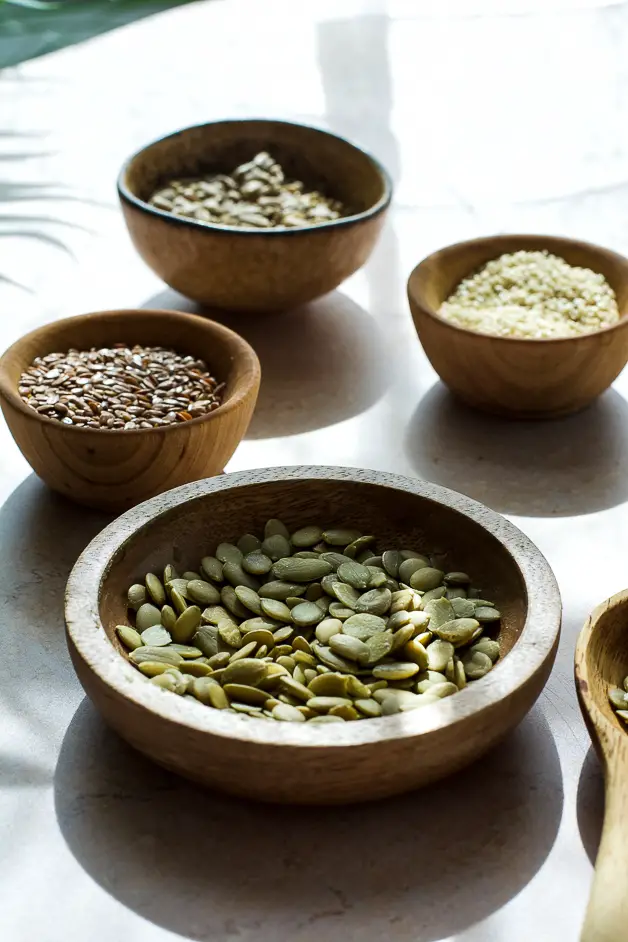
Symptoms of hormone imbalance
Waking up in the morning in what seems like not your body is one of the most frustrating pieces for me. All of a sudden, I'm cranky, irritable, overly emotional and can't figure out how the me from yesterday and the me from today can be so damn different. Well, it can thanks to hormones. Here are some common symptoms:
- Gut issues
- Weight gain
- Constipation or diarrhea
- Depression
- Anxiety and restlessness
- Low sex drive
- Thinning hair
- Heavy periods
- Infertility
- Increased appetite
- Fatigue
- Insomnia
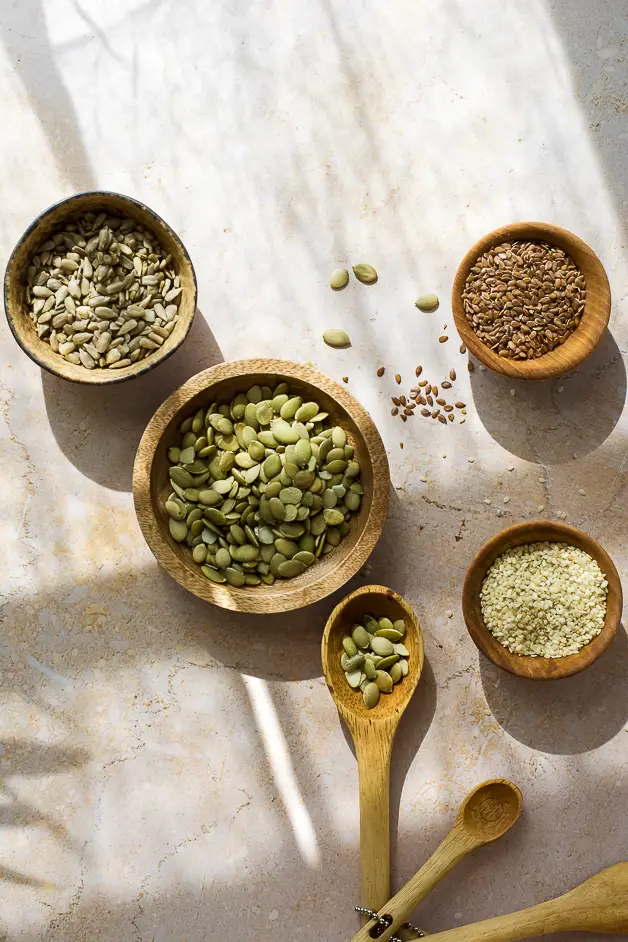
How to balance hormones naturally
So after that lengthy deep dive into hormone disruption, let's look at what we can do to balance our hormones. This is a lot easier than you think but it does require some lifestyle adjustment.
Take it easy on the carbs and sugar
I know I know how can you live without pretzels and cereal and bread and pasta. Numerous studies consistently show the relationship between high-carb/sugar foods and insulin resistance/weight gain.
Exercise
Regular exercise positively affects and helps balance hormones by regulating estrogen, testosterone, thyroid hormone as well as sleep and hunger hormones.
Eat protein at every meal
Including protein at every meal reduces ghrelin (the hunger hormone) and keeps us feeling full, for longer. Aim for 20-30 grams of protein per meal.
Increase consumption of good fats
Turn everything you know about fat on its head. Fat is absolutely necessary for the proper function of the metabolism, satiety, balancing hormones and overall health. Including good fat in the diet can reduce insulin resistance and helps to keep us fuller longer. Including MCT oil, olive oil, and fatty fish in your diet are some of the best fat sources for balancing hormones.
Manage Stress
The two main hormones affected by stress are cortisol and adrenaline (also known as epinephrine). In ancestral times, humans needed cortisol and adrenaline to respond to life-threatening situations. Once the threat was gone, these hormones would return to baseline. However, due to our lifestyle and demands cortisol remains elevated and hardly ever returns to normal, leading to overeating, fat storage, and inadequate sleep. Adrenaline, while it doesn't remain elevated, does spike far more than necessary causing anxiety, heart palpitations, and high blood pressure. Managing stress through yoga, meditation, music, and pleasurable activities can help reduce cortisol and lower the spike in adrenaline.
Sleep
I think I'm obsessed with the importance of sleep because I have small kids and mine is consistently compromised and can firsthand see the impact sleep deprivation has on healthy functioning. Check out my in-depth post on sleep if you want to learn more about why it is crucial to proper functioning.
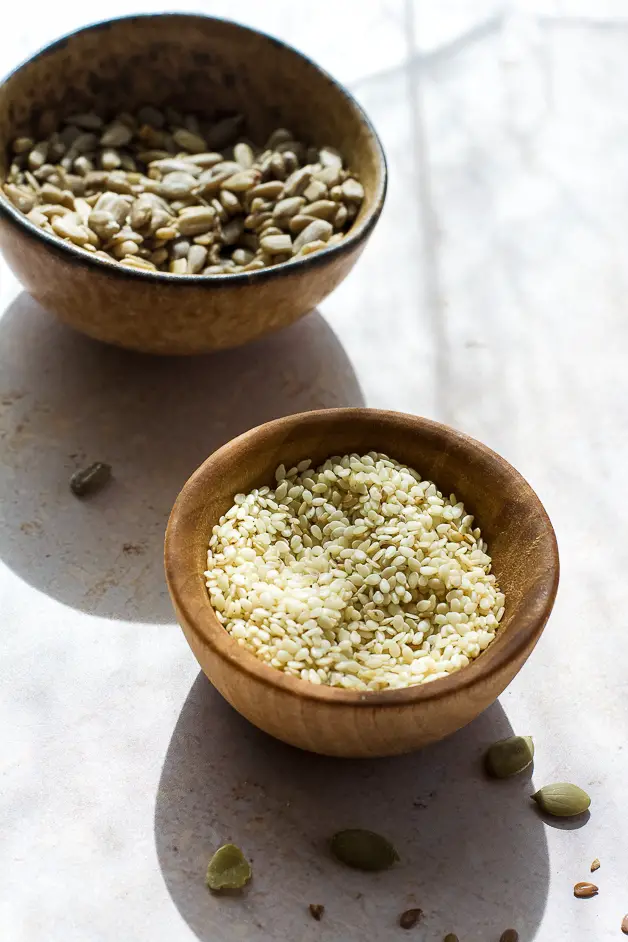
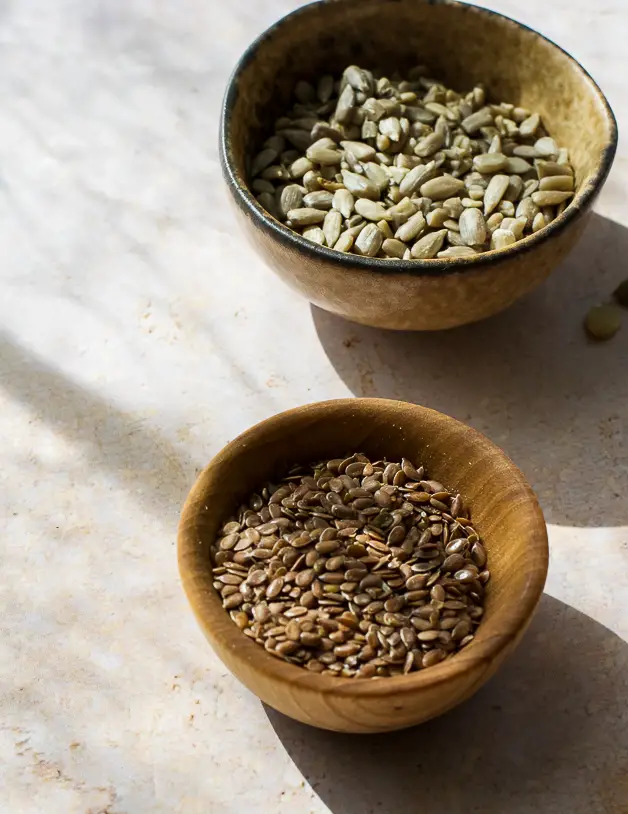
Balance hormones with seed cycling
And now finally to my favorite easy-to-apply balancing hormone solution through food. It's so simple, I almost couldn't believe it when I first heard about it from this hormone expert.
So here is the deal. During a woman's cycle, hormones fluctuate. One of the best solutions for balancing estrogen and progesterone is to consume seeds that are high in estrogen in the first half of your cycle and foods high in progesterone in the second half. I've been doing this for 2 months and have noticed a drastic change.
- First half of your cycle (Follicular Phase) take in one tablespoon of freshly ground flax seeds and one tablespoon of freshly ground pumpkin seeds. You can add them to smoothies or salads or just eat them with a spoon. I grind a good amount and store it in the refrigerator.
- Second half of your cycle (Luteal Phase) take in one tablespoon of freshly ground sesame seeds and one tablespoon of freshly ground sunflower seeds. Same with this, I grind them and store them in the refrigerator and take them each day during the second part of my cycle.
These are simple, practical ways to balance your hormones naturally and get yourself back to feeling more like yourself.


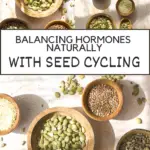



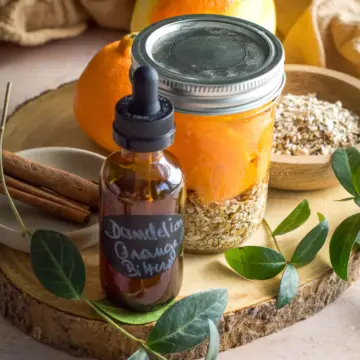
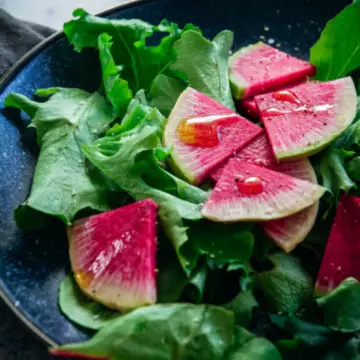
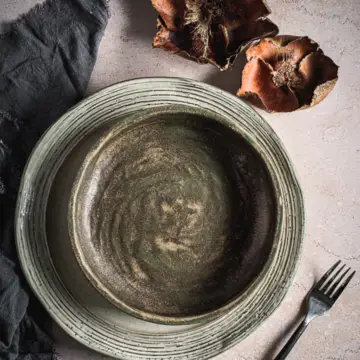
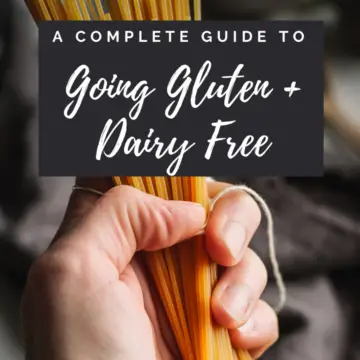
linda spiker
Great tips! So interesting and you covered it well.
cheap essay writing service
I am impressed by your site and thoughts they amazing. I got such a good information, That your gave the best and great explanation I like it. You made a good site and sharing the best posts. they very useful and it’s very interesting one. It seems to be excellent work. I have been searching for this type blogs and this will help me in my search. Thank you for the help.